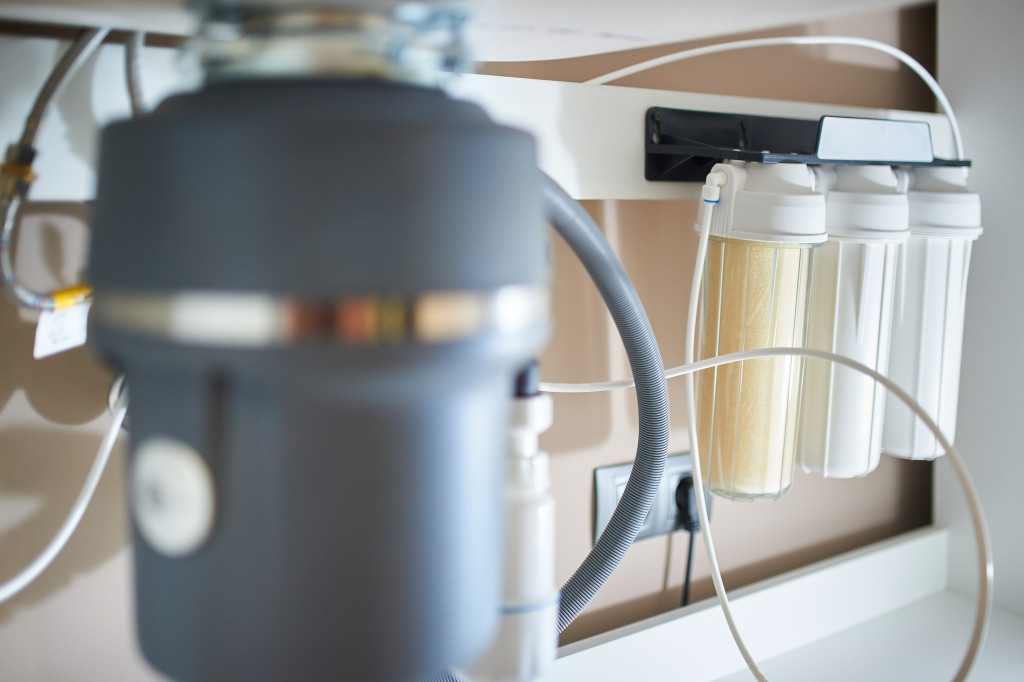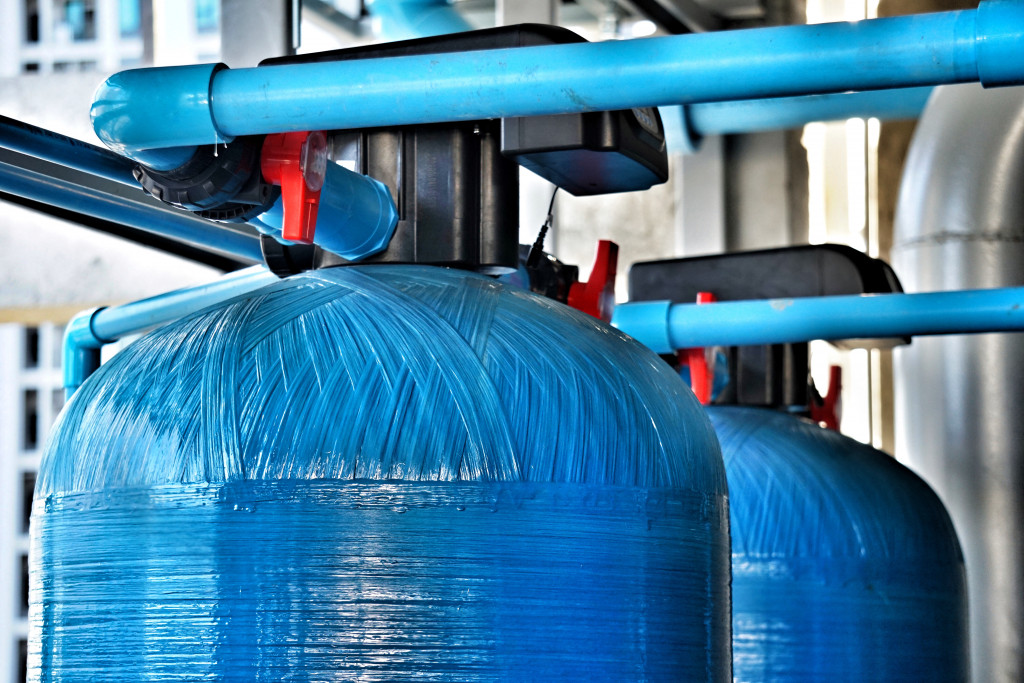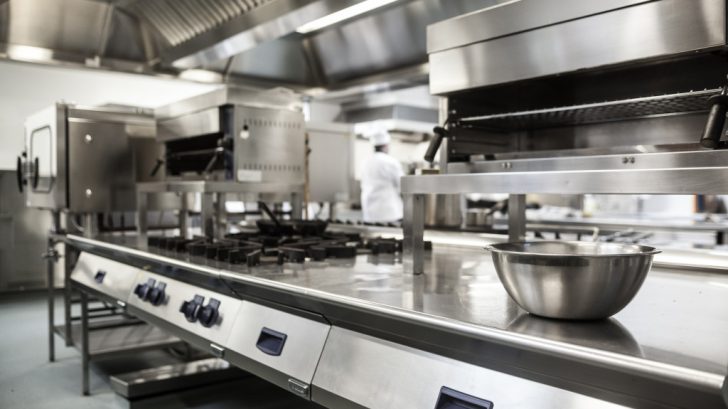- Regular cleaning and maintenance of equipment and water systems in a restaurant are essential for preserving high water quality and efficient machinery performance.
- Staff should be trained to understand the importance of water quality, which includes using quality water filters to remove harmful impurities.
- Proper water storage in food-grade containers and a cool, dry place is necessary to prevent contamination and maintain water quality.
- Regular water testing to monitor its physical, chemical, and microbiological properties is crucial to ensure safety standards are met and harmful contaminants are absent.
As a restaurant owner, ensuring the high quality of water used in your establishment is paramount for the safety of your guests and the longevity and performance of your equipment. With the right water quality, you can keep your machinery running smoothly, reduce maintenance costs, and ultimately, provide an exceptional dining experience. Neglecting this key aspect could lead to unnecessary expenses and even compromise the taste and appearance of your dishes. Dive into the importance of water quality and how you can maintain it in your restaurant.
Regular Cleaning
Regular cleaning is critical for maintaining optimal water quality in your restaurant. It involves routinely sanitizing the water supply system, from pipes to filters and tanks. This process helps prevent the buildup of hazardous pollutants and bacteria that can contaminate the water, thereby protecting the health of your customers and staff.
In addition, regular cleaning can ensure the smooth operation of your equipment, as sediment buildup can cause machinery to function less efficiently and even lead to damage. Investing in a systematic cleaning schedule not only secures the quality of your water but also saves on potential repair or replacement costs. Remember, clean water is a critical ingredient in all your restaurant operations.
Training Staff on Water Quality Importance
Training your staff to understand and appreciate water quality is vital in ensuring a high-quality dining experience for your guests. Here are some things to consider:
Use of Quality Water Filters

Quality water filters play a critical role in maintaining high water quality standards. They work by extracting harmful substances and impurities from the water used in your restaurant – from cooking to cleaning. A good water filter can remove contaminants such as heavy metals, chlorine, and organic compounds, which not only safeguard the health of your customers but also enhance the taste of your food and beverages.
Moreover, filtered water can prolong the lifespan of your equipment as it prevents the accumulation of mineral deposits that can cause damage over time. Therefore, investing in robust and efficient water filters is a strategic move to ensure your equipment’s longevity, your customer’s safety, and your restaurant’s overall success.
Scheduled Equipment Maintenance
Regular maintenance of your restaurant’s equipment is essential for maintaining water quality. This extends beyond routine cleaning to include inspections and tune-ups, conducted by qualified professionals. This proactive approach can help identify potential issues before they escalate, ensuring your water purification systems, dishwashers, coffee machines, and steam ovens continue to operate at peak efficiency.
It can also prevent the buildup of mineral deposits within the systems that could compromise water quality and equipment performance. Remember, your maintenance schedule should also cover the timely replacement of water filters to ensure their effectiveness. Altogether, regular equipment maintenance is an integral part of your water quality management strategy and, by extension, your commitment to providing a superior dining experience.
Proper Storage of Water

Proper water storage in your restaurant is crucial to maintaining quality and safety. Always store water in clean, food-grade containers and keep them sealed to prevent contamination from external sources. Keep the stored water in a cool, dry place away from direct sunlight as heat and light can promote the growth of bacteria.
Furthermore, it’s advisable to rotate your stored water every six months to ensure freshness. In case of emergencies or unexpected disruptions in your water supply, having a reserve of properly stored, safe water can be a game changer, allowing you to continue operations unhindered. Remember, even the highest quality water can become compromised if not stored correctly, so be mindful of your storage practices to safeguard the water quality in your restaurant.
Installation of a Water Scale Reduction System
A commercial water scale reduction system can significantly enhance your restaurant’s overall water quality by preventing scale buildup – a hard, chalky deposit of calcium and magnesium salts. Such deposits can form in your equipment, leading to inefficiencies, increased energy costs, and potential breakdowns.
Moreover, scale can negatively impact the taste of your food and beverages. You can effectively combat these issues by installing a water scale reduction system. This system works by altering the physical properties of the minerals in your water, preventing them from adhering to surfaces and forming scale.
Therefore, it contributes to maintaining the efficiency of your equipment, reducing maintenance and repair costs, and ensuring the superior taste and quality of your dishes. Remember, safeguarding your restaurant against the detrimental effects of scale is yet another crucial step in upholding the high water quality standards necessary for a successful dining establishment.
Regular Water Testing
Regular water testing is indispensable to maintaining optimal water quality in your restaurant. By frequently testing the water, you can monitor its physical, chemical, and microbiological properties, ensuring it meets the safety standards and is free from harmful contaminants.
Water testing can detect the presence of impurities such as heavy metals, chlorine, bacteria, and pesticides, which can jeopardize your customers’ health and impair the taste of your food and beverages. Therefore, partnering with a certified laboratory for thorough and accurate analysis is recommended.
The results can help you make informed decisions about necessary adjustments or improvements in your water treatment processes. Never underestimate the importance of regular water testing as it is a proactive measure to safeguard your restaurant’s reputation and ensure the highest quality of dining experience for your clients.
In conclusion, maintaining a high standard of water quality in your restaurant is vital for the safety of your customers, the performance of your equipment, and the taste of your dishes. Do not overlook this aspect of your business. Prioritize regular cleaning, staff training, use of quality filters, equipment maintenance, proper storage, installation of a scale reduction system, and frequent water testing. Ensure your restaurant’s success and enhance your guests’ dining experience today.






